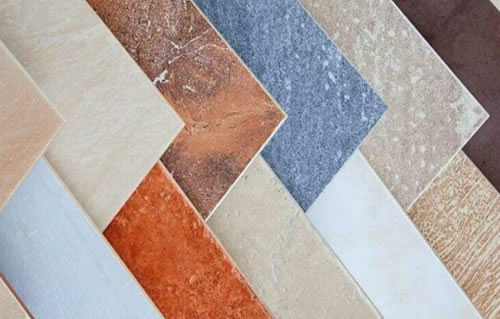In 2015, the Central Bank of Nigeria introduced a policy which listed 41 items that were rendered invalid for foreign exchange at the official foreign exchange market. Included in the list were tiles – vitrified and ceramic. The item was number 34 on the list. Other items were wooden doors, furniture, and related building materials. The apex bank hinged its decision on the need to stimulate local manufacturing by curbing excessive demand for forex. The CBN followed this with a series of intervention funds that targeted key sectors of the economy such as power, manufacturing, aviation, and agriculture. It believed these measures would help revive the manufacturing sector, allowing Nigerians to produce more of what they consumed.
The initial impact of the CBN policy
The controversial decision to ban imports initially rocked local trade, especially for importers. It also triggered multiple exchange rate depreciation over the next 4 years.
The trade and real estate sectors fell into multiple recessions as limited access to forex meant entrepreneurs looked inward due to government policies. It is also important to bear in mind that building local capacities takes time to materialize and often produces outcomes far more expensive than foreign alternatives.
However, things turned the corner during the COVID-19 pandemic as trillions in government stimulus packages fueled growth across key sectors of the economy, including real estate.
Since 2020, Nigeria’s real estate market has witnessed positive growth every year, growing from about N8.9 trillion in 2019 to N10.2 trillion.
The impact of the COVID-19 pandemic
The COVID-19 pandemic also boosted the sector because property developers were able to access billions of naira from investors looking for relatively safe and stable returns. Consequently, developers devised quicker means of meeting construction timelines, some of which required turnkey-like orders for real estate materials such as tiles, furniture, and other woodwork.
Thus, local manufacturing firms who seized on the opportunity to set up local tile manufacturing plants were now in a better position to meet the demands of the sector rolling out quality, cost-effective wall, and floor tiles at a scale that is now helping them to compete with their foreign counterparts.
Findings by Nairametrics showed that there are now about eight major tile manufacturing companies in Nigeria, some of which include Goodwill Ceramic Nigeria Limited, Golden Crown Ceramic Tiles Nigeria Limited, Time Ceramics Nigeria Limited, Royal Ceramics Nigeria Limited, and Nispo Porcelain Limited.


